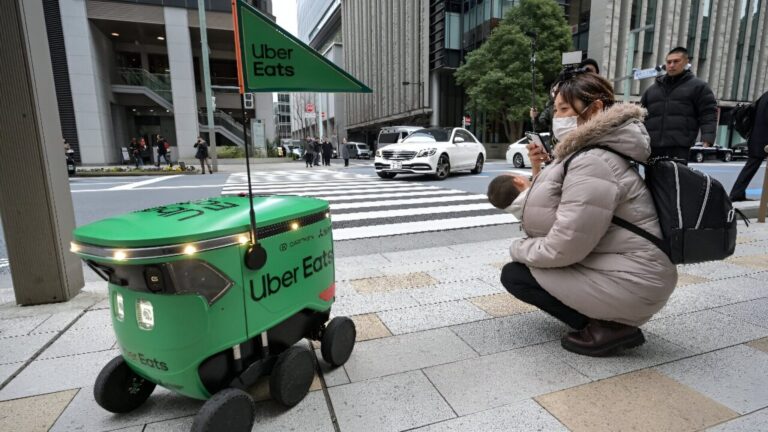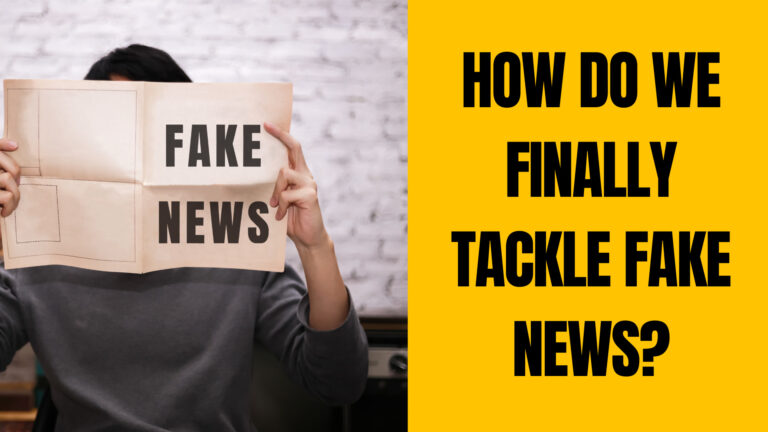—- * * FOR NEW STUDENTS ** ————————————— ————
- What industry do you work in and what is your role?
- What are your responses in your role / position?
- Can you describe to the function of your workplace / company?
- How many departments, how many offices. National or International?
- What are the minimum requirements for employment ie Education or Experience?
- How many opportunities are there to ‘move up the ladder’?
- What is the process for changing job roles ie Interview? Test?
————————————————– —— ——————————————– ——- —
General discussion about your workweek:
- Current projects? Deadlines? Opportunities?
- Anything of interest happening?
————————————————– —— ——————————————– ——–
Script
1. Uber, the mobile ride-hailing giant responsible globally for over 1.9 billion “trips” a year is facing a summer showdown in two London courts as scrutiny mounts over licensing issues and the drivers’ classification as “workers.” Both cases have huge ramifications for Uber and could set a precedent for so-called “gig economy” workers around the world.
2. With decisions expected in September, the two Uber drivers at the heart of the 5-year long battle for representation and basic rights have told Forbes that Uber’s ride-hailing system is a danger to its exhausted drivers, and global change is desperately needed. The former drivers claim that forcing Uber to accept drivers as workers will help rid Uber of its “sweatshop labor” culture, and reset the dehumanising “entitlement” differential between riders and drivers. London’s Supreme court has now broken to consider its decision.
3. Uber now faces making significant changes to its business model in the U.K. If the court rules against Uber, they will be expected to pay minimum wage and grant holiday time to drivers. However, that sum is likely to pale in comparison to the 20% VAT and 13.2% national insurance contributions Uber will have to pay to the British taxman if the court does agree that Uber is a “transportation provider.” The Good Law project has estimated from 2017 earnings that the figure for Uber’s VAT in the U.K. could be in “excess” of $1.3 billion per year.

4. The Story So Far
Last week London’s Supreme Court began hearing Uber BV v Aslam, a case that could rumble on for the duration of summer and could potentially transform Uber from tech giant to the world’s largest taxi firm – a global employer of drivers and not merely an app that connects passenger, driver, destination and payment.
5. Uber is attempting, for the third and final time after two rejected appeals, to overturn an Employment Tribunal decision from July 2016 where claimants Yaseen Aslam and James Farrar successfully argued that Uber drivers are workers whenever Uber’s app is switched on and they are ready and able to take trips. The Tribunal ruled that as workers Uber drivers should be paid the U.K.’s national minimum wage and receive paid holiday while on the clock.
6. Uber argued, in claims now synonymous with the “gig” economy, that the drivers using the app are self-employed independent contractors, while they – Uber – are an agent, merely providing the technology to connect drivers with passengers and process their payments.
7. The Supreme Court ruling pitches a global tech super-power with a $50 billion plus market cap, against the very drivers that made Uber such a phenomenal offering. If London’s Supreme Court upholds the employment tribunal’s ruling, Uber will be forced to recognise drivers as much more than merely contractors and will be entitled to basic worker benefits and the minimum wage. With ongoing legal proceedings in the Supreme Court of Canada and with an incoming lawsuit from California’s attorney general filed in May – all eyes are on London to potentially set a global precedent.

8. The Second Front
Uber’s second London problem is regulatory and pits the Labour mayor’s City Hall against Boris Johnson’s Conservatives – the mayor is unhappy with Uber, while ties between Uber and members of the Tory party have strengthened in the years since the regulatory problems over the onboarding of new drivers emerged.
9. In 2018, a witness statement document pointed to Uber’s strategy of “principled confrontation” – famously described in 2014 by former chief executive Travis Kalanick as, “the thing we do that … can rub some people the wrong way.” In 2019, Uber very much rubbed London’s Mayor Sadiq Khan the wrong way, so much so that London’s transport authority removed the company’s licence to operate.
10. As the case moves towards Westminster Magistrates Court this September, the Labour mayor remains unhappy with Uber after authorities revealed in November 2019 that more than 14,000 trips were taken by 43 drivers who had faked their identity on the Uber app. As reported by the Guardian last November, one of the fraudulent drivers found by authorities to be using the Uber app had already been cautioned for distributing indecent images of children. Mayor Khan had told Uber to make significant changes – “principled confrontation” or not, it wasn’t a good look.
https://www.forbes.com/sites/daviddawkins/2020/07/30/uber-vs-london–the-courtroom-battle-the-world-is-watching/#45e5a89e6973
Discussion
1. What is the difference between an independent contractor and an employee? Which one would you prefer?
2. Do you think Uber drivers should be considered as employees?
3.
Have you ever used Uber? if yes how was your experience? Any differences between normal cabs or taxis?
Phonetic Chart




